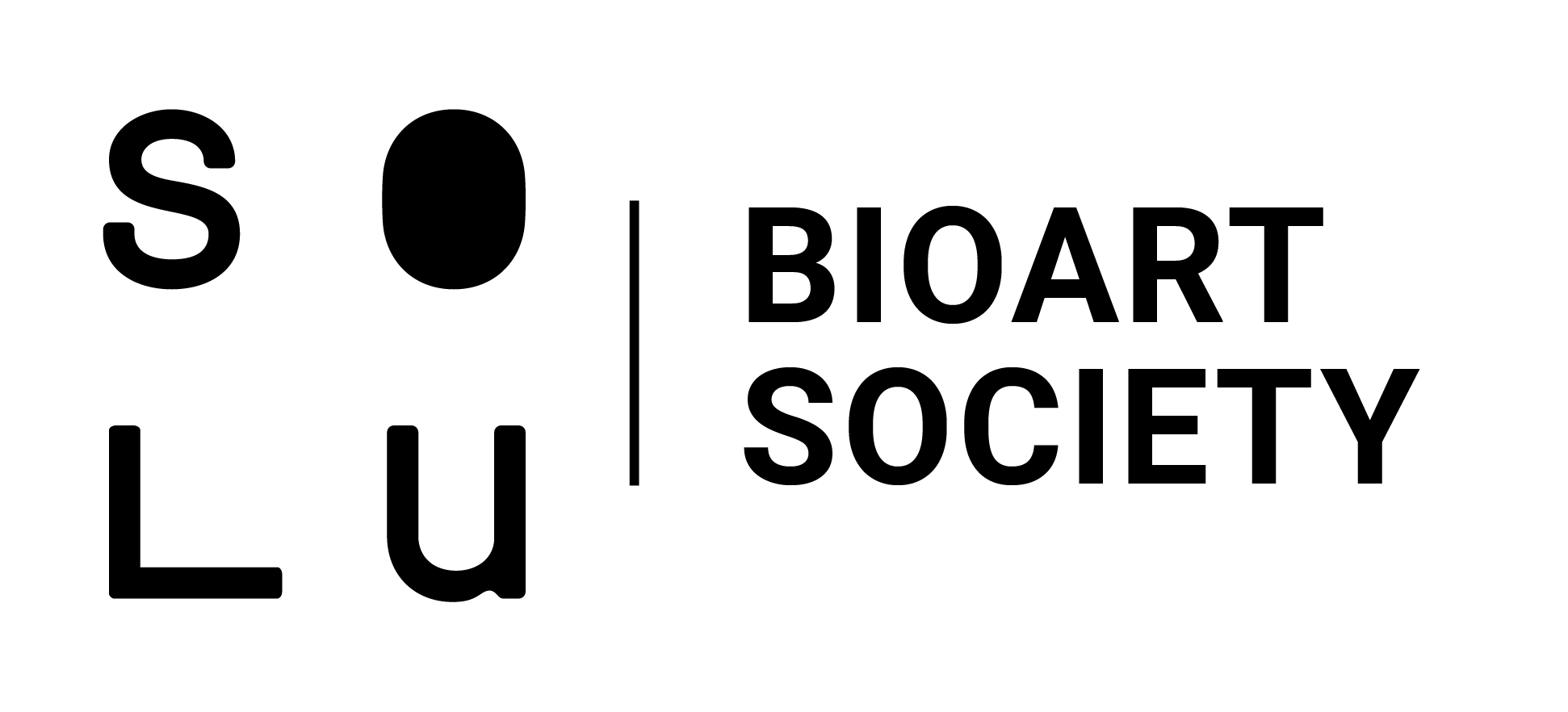Biofriction is a Creative Europe project realised in collaboration with Hangar (ES), Cultivamos Cultura (PT), Kersnikova Institute (SI) and the Bioart Society, committed to supporting bioart and biohacking practices. The title refers to the combination of biology, biotech, fiction, and arts as surfaces of friction, with particular attention to the emancipatory potential of biotechnology through interfaces in the context of artistic practices.
We're now looking for projects in the field of experimentation with biomaterials and living systems, with a special emphasis on transhack feminism as an approach (or method multiplier) to repoliticize feminism through (bio)practice. It is aimed at researchers, artists, developers, hackers and members of collectives of all ages (over 18 years old) and nationalities working in the field of bioexperimentation.
Possible topics include: decolonizing technologies; queer, feminist, anti-racist and anti-specist methods; nature_culture continuum; xenoecologies; biopolitics, necropolitics and environmental struggle; human and non-human alliances and solidarity through DIY/DIWO/DIT biotechnology; artistic and cultural practices; fiction, storytelling and performative narratives; biosurveillance and counter-tactics; bioexperimentation based in open culture; bio_sonic agencies; measurements and material-discursive practices of (bio)mattering and engaging (bio)practices; re-visit, re-think, co-design and co-develop processes; tools and technologies for biological experimentation and radical open health.
The residency programme has durations ranging from 15 days to 2 months. The time periods will depend on the needs of the project as well as the place where they are carried out; Hangar (Barcelona, Spain), Bioart Society (Helsinki and Kilpisjärvi, Finland), Cultivamos Cultura (São Luis or Lisbon region, Portugal) or Kersnikova Institute (Ljubljana, Slovenia). The residency might be split in two phases if the proposed project requires a long-term work on biological materials.
The residency benefits include an artist fee, accommodation, travel costs, a budget for research materials, access to biolabs/wetlabs facilities and mentoring/tutoring by expert biotechnologist(s).
The submission deadline for applications is February 5, 2020.
To read more about the open call and to apply, visit https://hangar.org/en/convocatories-3/44658/.
For additional information and sending of applications, please contact Laura Benitez Valero, laura(at)hangar.org or Ludovica Michelin, ludovica(at)hangar.org.
The Biofriction project is co-funded by the Creative Europe Programme of the European Union.

